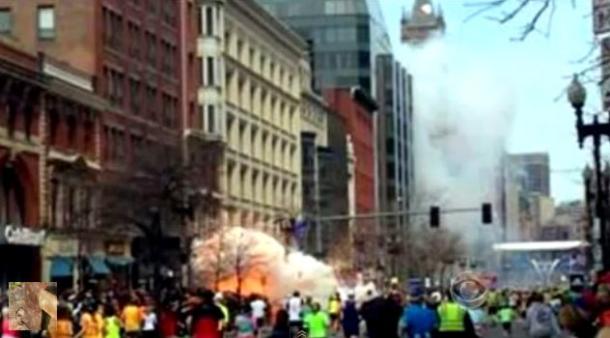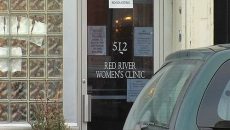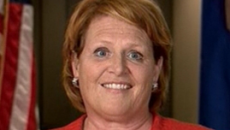Who Need More Government Surveillance In An Age Where We're All Watching Each Other?

As is always the case when something like the Boston Marathon bombing happens, we’re going to have a debate about what changes to public policy are necessary to prevent something like that from happening again.
That’s appropriate, but most of the proposed changes will be knee-jerk responses that will likely do little to make us safer but a whole lot to bloat government budgets, and expand government powers.
But there was something very interesting about the the manhunt for the perpetrators which took place after the Boston bombing. Rather than relying exclusively on government surveillance and intelligence, officials crowd sourced the investigation relying on video, pictures and other data gathered by private citizens and shared willingly with law enforcement:
When the smoke literally cleared on Monday, investigators had a huge problem and nearly no leads. No individual or organization claimed responsibility for the bombings that killed three and wounded more than 180. So they took a big leap: They copped to how little they knew, and embraced the wisdom of The Crowd.
Hiding in plain sight was an ocean of data, from torrents of photography to cell-tower information to locals’ memories, waiting to be exploited. Police, FBI, and the other investigators opted to let spectator surveillance supplement and augment their own. When they called for that imagery, locals flooded it in. They spoke to the public frequently, both in person and especially on Twitter. All that represented a modern twist on the age-old law enforcement maxim that the public’s eyes and ears are crucial investigative assets, as the Internet rapidly compressed the time it took for tips to arrive and get analyzed.
“I do think we need more cameras,” said Rep. Peter King in an interview with MSNBC shortly after the bombing. “We have to stay ahead of the terrorists.”
But don’t we already have more cameras? Just about every citizen in America has a camera in his or her pocket in the form of their phone or some other device. Your average citizen is capable of taking a video or picture or posting a status update that could potentially reach an audience of millions.
And, as we saw in Boston, the public is ready to share their information to help law enforcement bring a criminal to justice.
Others will echo Rep. King’s call for more government surveillance, and other policy changes to expand the government’s power to gather information on we citizens will be proposed too. Yet the Boston investigation proves that such powers aren’t strictly necessary.
Government surveillance becomes redundant when we’re all watching one another.
A cooperative relationship between law enforcement and the public is both more conducive to actually catching crooks, and more protective of our civil rights, than an increasingly powerful and all-seeing police state.







